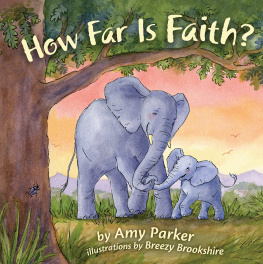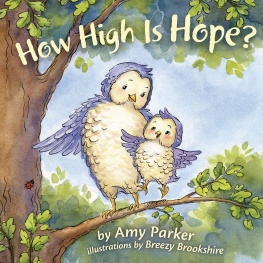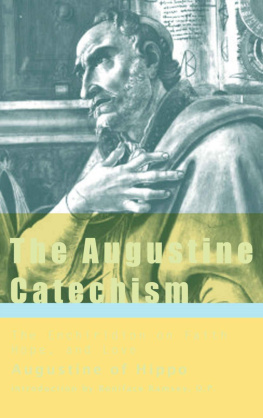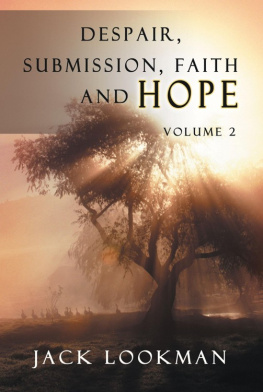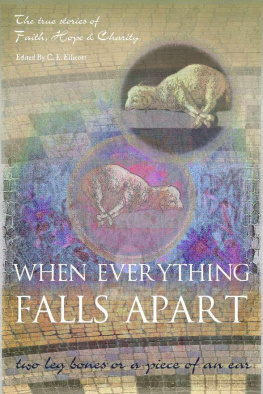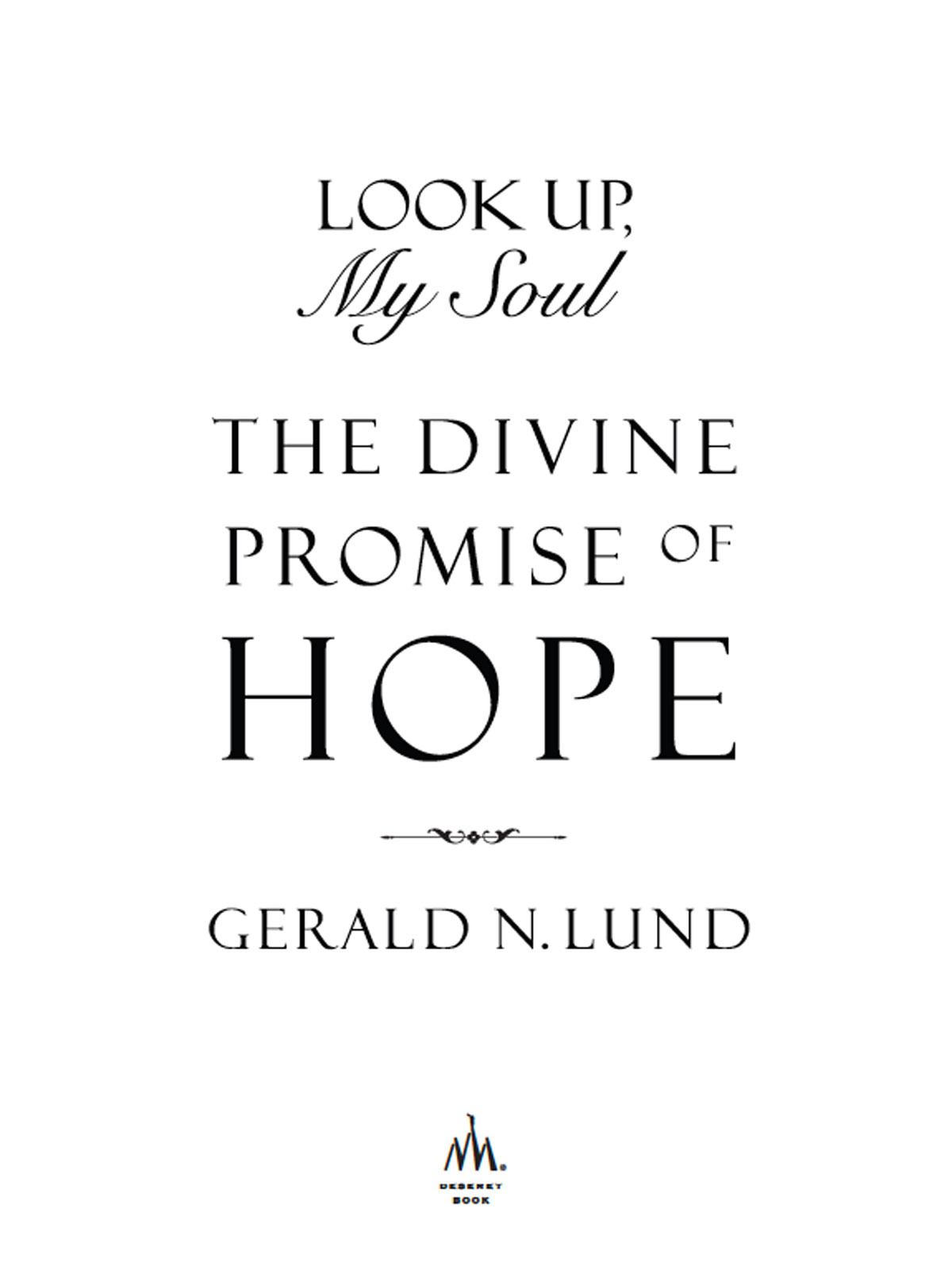2012 GNL Enterprises.
All rights reserved. No part of this book may be reproduced in any form or by any means without permission in writing from the publisher, Deseret Book Company, P.O. Box 30178, Salt Lake City Utah 30178. This work is not an official publication of The Church of Jesus Christ of Latter-day Saints. The views expressed herein are the responsibility of the author and do not necessarily represent the position of the Church or of Deseret Book. Deseret Book is a registered trademark of Deseret Book Company.
Visit us at DeseretBook.com
Library of Congress Cataloging-in-Publication Data
Lund, Gerald N., author.
Look up, my soul : the divine promise of hope / Gerald N. Lund.
pages cm.
Includes bibliographical references and index.
ISBN 978-1-60907-004-5 (hardbound : alk. paper)
1. HopeReligious aspectsThe Church of Jesus Christ of Latter-day Saints. I. Title.
BX8643.H67L86 2012
234'.25dc23 2011050447
Printed in the United States of America
Publishers Printing, Salt Lake City, UT
10 9 8 7 6 5 4 3 2 1
To all those individualsin the scriptures, in Church history, and in todays challenging worldwhose remarkable examples of faith, courage, patience, and endurance strengthen and rekindle our own hope
I know in whom I have trusted.
My God hath been my support; he hath led me through mine afflictions ... ; and he hath preserved me....
He hath filled me with his love....
Behold, he hath heard my cry by day, and he hath given me knowledge....
O then, if I have seen so great things, if the Lord in his condescension unto the children of men hath visited men in so much mercy, why should my heart weep and my soul linger in the valley of sorrow? ...
Awake, my soul! No longer droop in sin. Rejoice, O my heart....
... Do not slacken my strength because of mine afflictions.
Rejoice, O my heart, and cry unto the Lord, and say: O Lord, I will praise thee forever; yea, my soul will rejoice in thee, my God, and the rock of my salvation.
2 Nephi 4:1921, 23, 26, 28, 2930
Preface
It Is Better to Look Up
In the October 2011 general conference, Elder Carl B. Cook, of the Seventy, told of an experience he had during his first week as a General Authority. It had been a particularly tiring week, and his briefcase was overloaded and his mind preoccupied with this question: How can I possibly do this? As he stepped onto the elevator, his head was down and he stared at the floor.
The elevator stopped on another floor and someone else got on. Elder Cook didnt look up to see who it was. As the door closed, the person asked, What are you looking at down there?
Elder Cook instantly recognized President Thomas S. Monsons voice. He looked up and responded, Oh, nothing.
President Monson smiled, pointed heavenward and lovingly suggested, It is better to look up! As the elevator continued downward, President Monson explained that he was on his way to the temple.
They both got off the elevator and parted ways. Elder Cook said this, When he bid me farewell, his parting glance spoke again to my heart, Now, remember, it is better to look up.
Surprised by Hope
People often ask me if Im working on a new book. If I say yes, they invariably ask me what it is about. When I told them I was working on a book on hope, I typically got one of three reactions:
A generic Oh, which I interpreted to mean, Nice, but not too exciting.
A surprised Really? followed by, Thats good. There isnt much written on hope out there.
A fervent When will it be out? Its a really hard time for me (or my son, my daughter, a neighbor, my best friend, etc.) right now. I really need something like that.
The genesis of this book was a class I taught in our ward. I was sensing that there seemed to be a lot of people out there struggling with life. They were pressed down by it and trying to cope with chronic discouragement. So I decided to devote a class to the topic of hope. I was a little taken aback by the response. An unusual number of people came up afterward to express how much they needed that topic right now and how relevant it was to what they (or people close to them) were going through. I decided to look into it further to see if there was enough to sustain a book.
Many years ago, C. S. Lewis, the famous Christian writer from England, wrote a book called Surprised by Joy, which included the story of his conversion to Christianity. I must admit, as I started to explore the topic, I was surprised by hope. One thing became immediately evident. It seemed as though I wasnt the only one sensing this pervasive gloom and dejection. In addition, the Brethren were speaking frequently on the subject in conference. So much for there not being much material out there.
Another thing that surprised me was just how central hope is to the gospel of Jesus Christ. How had I missed that all these years? I knew it was one of the big three Christian attributesfaith, hope, and charitybut I had always secretly wondered why hope took precedence over other things like repentance or personal revelation. I dont wonder about that anymore. Instead, I am filled with a sense of wonderalong with some embarrassment that it took me so long to get hereat what I have come to understand about hope. It has expanded my understanding of the entire gospel plan and deepened my appreciation for the love and wisdom of our Heavenly Father.
I would like to express my sincere appreciation to those whose stories are included either in a chapter or in an additional section between chapters. Good teaching always involves two major objectives: We teach for understanding and we teach for application. The chapters in the book try to teach the principles and doctrines related to hope. Without that understanding, we cannot fully appreciate hope. But the stories and examples used herein are meant to illustrate how those principles are actually applied in our lives. They make the doctrine of hope more tangible and alive.
Many of those who shared their stories chose to remain anonymous, but that does not lessen the value of their contributions. I thank them for their willingness to share what, in many cases, are painful and tender things.
One small housekeeping matter: I often emphasize key words or phrases in scriptural passages or quotations with italics. Rather than tediously indicating each time that the emphasis is mine, I have only specified when the emphasis was in the original.
This has been a difficult book for me to write, and my first attempts fell far short of where I wanted the book to be. I wish to express my thanks to those who read the manuscript early on and gave me input. Their honesty, forthrightness (always served up with a generous dose of tactful kindness), and considerable wisdom and insights have had an enormous impact on the end product. My deepest thanks to each of you.
As usual, I owe much to the consistent support, encouragement, and solid efforts of the Deseret Book staff. It takes a tremendous amount of diligence and care to edit, design, publish, and market a book such as this. Once again, they have done so with their usual commitment to excellence.
Though I never saw this coming, as it turns out, this book completes what could be considered a somewhat loosely linked gospel trilogy. Hearing the Voice of the Lord (2007) focused on personal revelation. Divine Signatures (2010) showed how personal revelationespecially those events we called divine signaturescan expand our understanding of Gods nature and deepen our faith and trust in Him.


